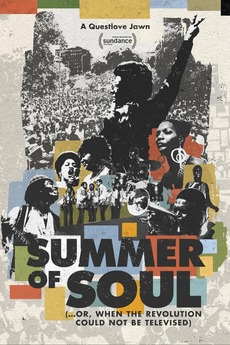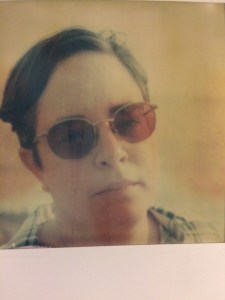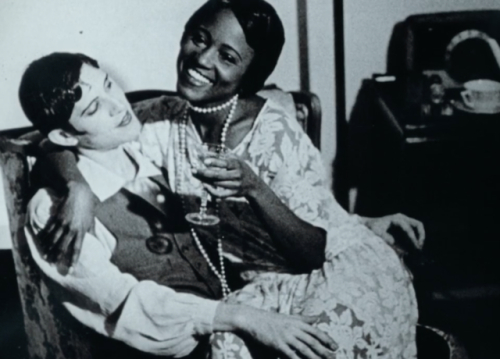
Jozi Gold (2019) was screened at Leeds University Union as part of the Hyde Park Picture House On The Road programme in conjunction with the UK Green Film Festival on Sunday 7 November 2021.
Following the film was a discussion with host Sai Murray and film director Sylvia Vollenhoven (who joined via Zoom from South Africa). Capturing the urgency of the current conversation around climate change and the deep links between UK politics, policies and institutions and the impact this has on other countries. The discussion was recorded and here we have a transcription for you to enjoy.
You can watch the film here: https://vimeo.com/ondemand/jozigold
Sylvia Vollenhen
Twitter: @Vollenhoven2
Book: The Keeper of the Kumm: Ancestral longing and belonging of a Boesmankind
Sai Murray
Twitter: @saimurai
https://saimurai.wordpress.com/
SM: Sylvia is not only a filmmaker, an award winning journalist, playwright, writer and knight fellow. Her book about identity, the Keeper of the Kumm won the award for literature, and her dance drama adaptation of the book was showcased on the main programme at the South African National Arts Festival, nominated for various awards – best director, best documentary, playwright, award for human rights in the arts etc.. Individual artist, activist and it’s our real pleasure to welcome you to this screening. Brilliant so we have a select audience gathered here today who I’m sure have questions and responses but I’d also like to begin by thanking you for such an inspiring film, a very provocative film and a really important film. Some really really interesting facts and also the way the film was put together and characters. I guess my first question comes from a conversation I had around the film with one of the people who invited me here today who is from South African heritage and who’s here. Our reaction I guess to knowing this film was about Johannesburg, about mining and your choice to follow this character – because we begin with the stilettos, with the very ornate dressed individual of the white woman but you being a black film director, that was not what was expected but she is such an interesting and intriguing character who has done a lot of good and her activism is having a lot of results. So could you speak about the choice to follow this individual and how you perhaps first became aware of her activism?
SV: Greetings! Thank you for screening the film and thank you for this opportunity. How I first got to hear about this is there’s a tiny magazine in South Africa that is small in numbers and audience but very very powerful. It’s an investigative journalism magazine called Noseweek and the editor of that magazine and I have worked together at different media houses and I’ve always been following his work and I’d seen so much of Mariette Liefferink’s activism in Noseweek. In fact, we feature in the film that Superwoman power image – that came out of Noseweek! The editor also has a son who is a journalist and Adam Wells had been following Mariette’s story and filming and he’s more of a print journalist rather than a filmmaker and he was following her around for 4 years. He has a friend who’s the director of a film in Norway and spoke to Stephan about finishing this film that he had been filming for four years but didn’t know how to structure and didn’t know how to put it all together. Stephan said well I have a friend in Sweden, Frederick Garrington[?] At WG Film would be very interested in the story, and Frederick said I’ll get on board if Silvia is the South African producer and my co-director because Frederick and I have been working together for many years and we also are very close friends for decades, having covered apartheid together and I used to be a correspondent for a Swedish outlet. So that’s how it came about. But I must say when Adam Wells, the South African journalist, came to see me and said Frederick said he’s on board if you become the South African director I was not agreeable! I just had not met Mariette and I thought I’m not going to sit here so many years after South African democracy and allow a white Africans woman to tell us what is wrong with South Africa. It just didn’t sit well with me. But then I went to Johannesburg and in Cape Town at the time and changed my mind completely. There were two things that changed my mind mainly, there were lots of little things, but the two main reasons were her integrity and her passion and the second reason was that being an activist myself I knew how important it was to have an image that was out of the ordinary, that would stop people in their tracks, and not only did she have this exotic image that was attention getting and we could use to our advantage for the activism that the film is hoping to elicit but also in the mining industry, dominated by men, and a certain kind of patriarchal class, they don’t see her coming, and by the time they sit up and take notice she’s already in the Supreme Court with a huge court case. So I thought well given my activism background I could really work with this woman.
Continue reading





